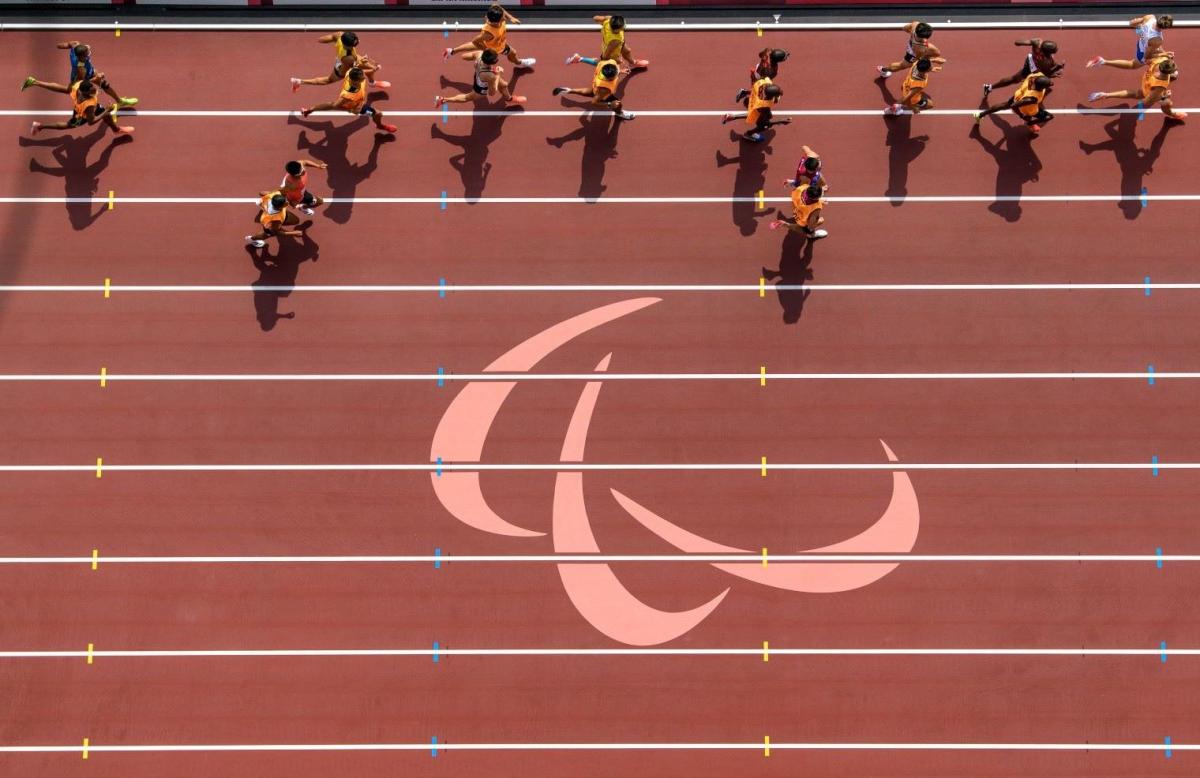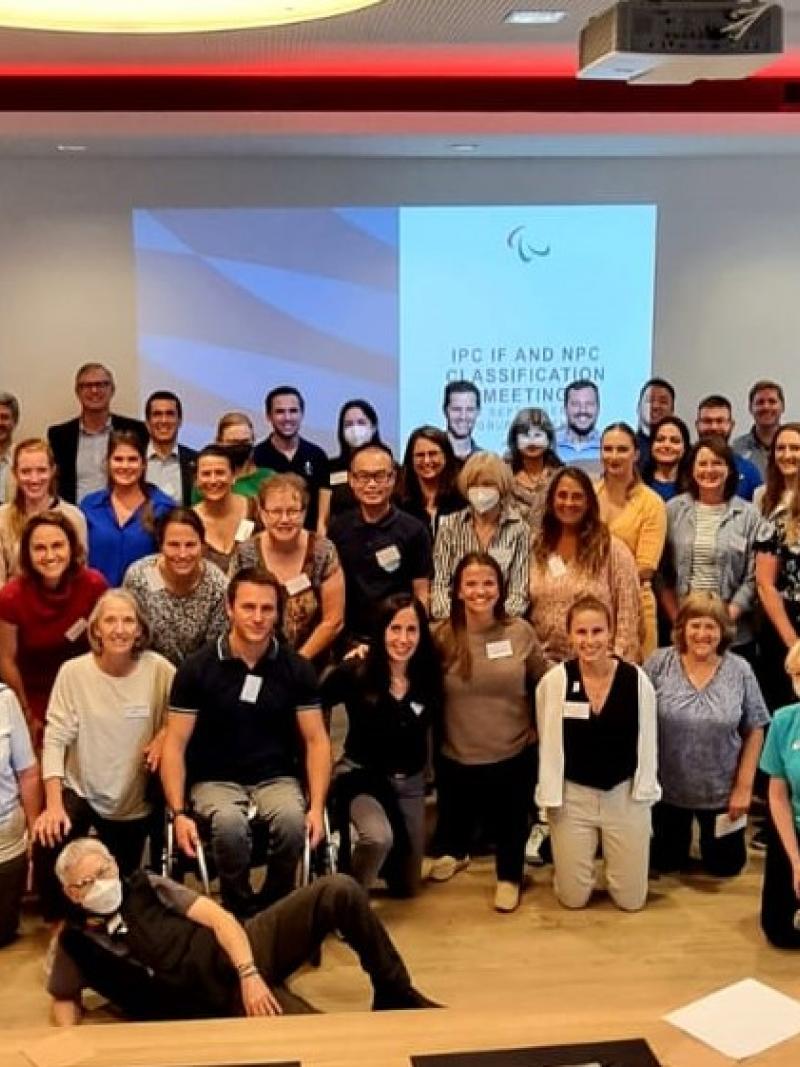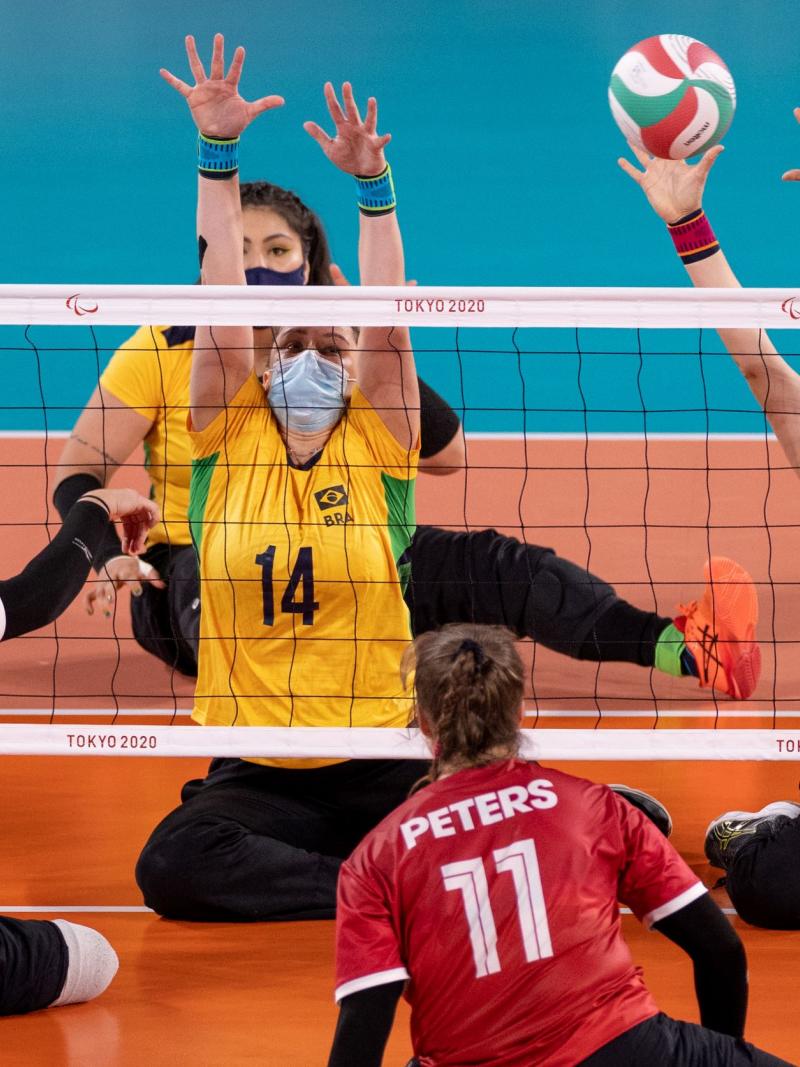IPC members approve the new Classification Code at Extraordinary General Assembly
The 2025 IPC Classification Code, which was approved on 17 May 2024, aims to ensure standardisation and harmonisation within the Paralympic Movement 17 May 2024
The International Paralympic Committee (IPC) Extraordinary General Assembly approved the new 2025 IPC Classification Code on Friday (17 May) that will improve classification systems and processes across the Paralympic Movement. The new Code promises better classification for athletes and a continued growth in the confidence and integrity of classification and Para sport competition.
At the online EGA, IPC member organisations approved the IPC Classification Code with 81 yes votes (98 per cent) from 83 valid votes. The move concluded a three-year exercise which saw over 80 per cent of the IPC’s membership, as well as the athlete community, engaged in the process, sharing their views on classification.
The 2025 IPC Classification Code aims to ensure standardisation and harmonisation within the Paralympic Movement. Building on the 2007 and 2015 editions of the Classification Code, the new version provides the highest standards for classification systems, policies, and procedures. This is done in parallel with balancing out the standardisation aspect with flexibility to allow Para sports to cater for their specific needs and capacities, thereby enabling growth and development.
Among some of the changes are revised stages of the classification process, including:
- the verification of an underlying health condition
- eligible impairment assessment
- minimum impairment criteria assessment
- sport class assessment
- updated and strengthened provisions across all aspects of the classification process
In addition, a new International Standard has been produced which focuses on regulating the policies about detecting, investigating, and proceeding with cases of Intentional Misrepresentation.
The 2025 IPC Classification Code will become effective in January 2025 for all IPC Members, except for International Federations governing sports on the Paralympic Winter Games Sport Programme – the Code is envisaged to become effective for them in July 2026. As a result, the current 2015 IPC Athlete Classification Code remains in force for the Paris 2024 Paralympic Games and the Milano Cortina 2026 Paralympic Winter Games.
Classification is unique to the Paralympic Movement and determines which athletes are eligible to compete in a sport, and also groups athletes into sport classes with the aim to ensure that the impact of impairment is minimised, and sporting excellence determines which athlete or team wins. The IPC Classification Code is the document that details how classification must be carried out across Para sports.
The review of the 2015 IPC Athlete Classification Code was initiated in January 2021 by the IPC Governing Board. A Code Review Team chaired by two-time Paralympian Scott Field was established to lead the process.
Andrew Parsons, IPC President, said: “The new IPC 2025 Classification Code delivers on a promise I made to the 2019 IPC General Assembly that improving classification would be my top priority. This version of the Code delivers the highest standards of classification ever seen and will strengthen the Paralympic Movement.
Parsons added: “On behalf of the IPC Governing Board I would like to express our gratitude to Scott Field, the 28 experts in the Code Drafting Team, and the IPC management team for diligently addressing every aspect of classification across the three years of the review process.
“The entire Movement had an opportunity to engage and contribute to the Code. I was particularly pleased to see the levels of support and engagement from the IPC Athletes’ Council and wider athlete community. This Code will support their needs and development for many years to come.”
Jitske Visser, chairperson of the IPC Athletes’ Council, said: “The IPC Classification Code has a significant impact on the development and careers of all Para athletes, so it was important that our community fully engaged in the Code Review process. I was pleased with the engagement from active and retired athletes in providing feedback at all three stages of the review.
“On behalf of the IPC Athletes’ Council I want to say big thank you to everyone who participated, and also to the IPC Classification Code Review Team for making the athlete community an integral part of this process and for all their hard work in delivering the new IPC Classification Code.”
The Code Review process included three consultation phases. Phase one in 2021 focused on obtaining feedback on the 2015 Code and International Standards. Phase two in 2022 was directed at obtaining feedback on the first draft Code and International Standards, in particular on the items addressed in the new draft. Phase three in 2023 concentrated on the updated draft, further specific topics identified throughout the review, and practical items in respect to implementing the Code.
The review process engaged over 80 per cent of the IPC’s 200 plus members - National Paralympic Committees, International Federations, International Organisations of Sports for the Disabled, and Regional Organisations. There was also a strong focus on engaging athletes, classifiers, IPC Governing Board and IPC Athletes’ Council members, as well as Recognised International Federations, National Federations, and other interested stakeholders.











